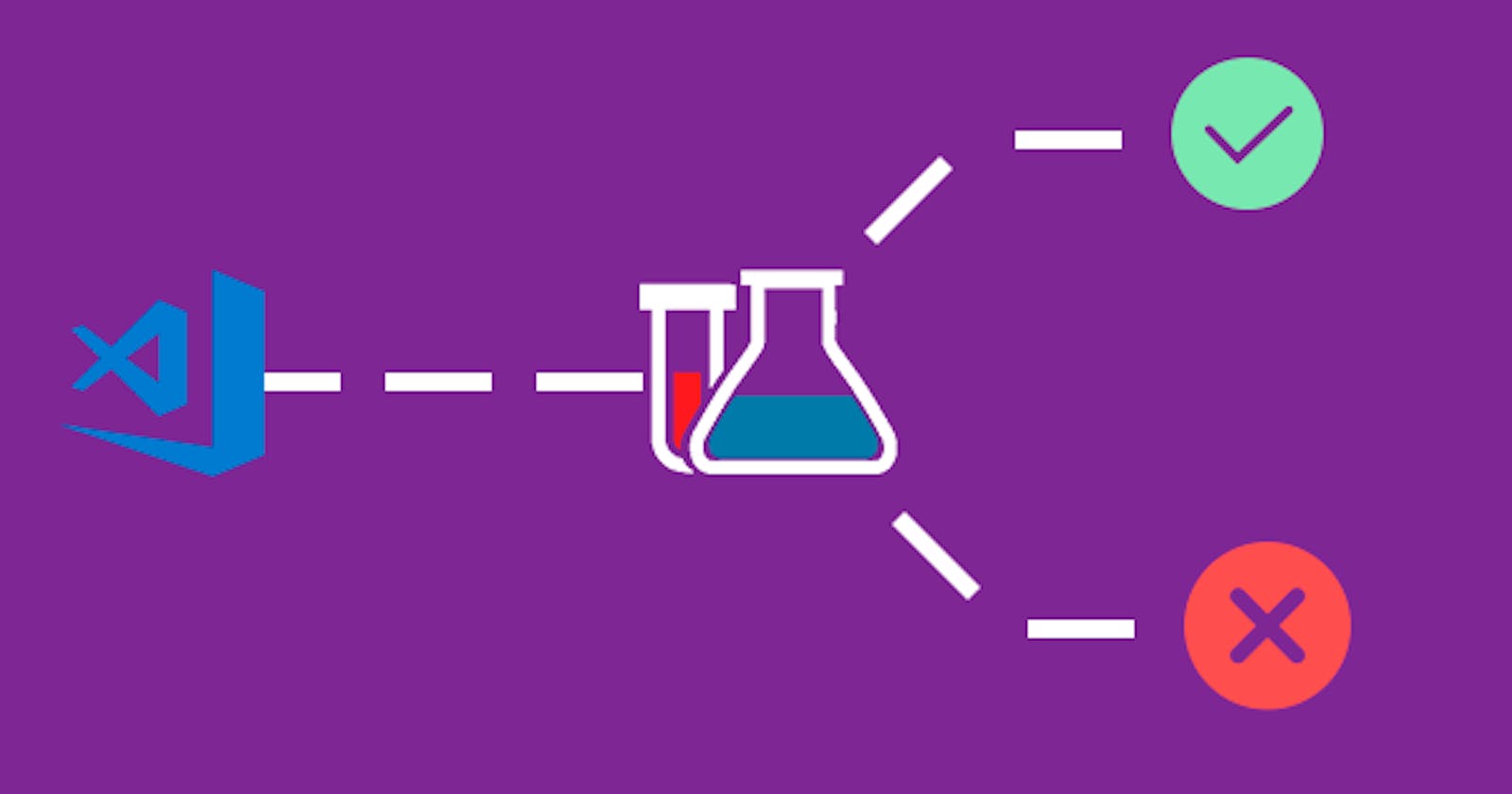Table of contents
Assertion is an important part of testing. It allows you to check that your code is behaving as expected. In this article, we'll look at how to use assertion with the FakeItEasy library.
Basic Assertions
FakeItEasy provides several basic assertion methods that you can use to check the behavior of your fake objects. The most commonly used method is MustHaveHappened(), which asserts that a method or property was accessed.
var fakeObject = A.Fake<IMyInterface>();
fakeObject.MyMethod();
A.CallTo(() => fakeObject.MyMethod()).MustHaveHappened();
In this example, we're creating a fake object that implements the IMyInterface interface and calling the MyMethod method. We're then asserting that the method was called by using the MustHaveHappened() method.
Another basic assertion method is MustNotHaveHappened(), which asserts that a method or property was not accessed.
var fakeObject = A.Fake<IMyInterface>();
A.CallTo(() => fakeObject.MyMethod()).MustNotHaveHappened();
In this example, we're creating a fake object that implements the IMyInterface interface and asserting that the MyMethod method was not called by using the MustNotHaveHappened() method.
Advanced Assertions
In addition to the basic assertion methods, FakeItEasy also provides several advanced assertion methods. One of these is MustHaveHappenedOnceExactly(), which asserts that a method or property was accessed exactly one time.
var fakeObject = A.Fake<IMyInterface>();
fakeObject.MyMethod();
fakeObject.MyMethod();
A.CallTo(() => fakeObject.MyMethod()).MustHaveHappenedOnceExactly();
In this example, we're creating a fake object that implements the IMyInterface interface and calling the MyMethod method twice. We're then asserting that the method was called exactly one time by using the MustHaveHappenedOnceExactly() method.
Another advanced assertion method is MustHaveHappened(n,Times.Exactly), which asserts that a method or property was accessed a specific number of times.
var fakeObject = A.Fake<IMyInterface>();
fakeObject.MyMethod();
fakeObject.MyMethod();
A.CallTo(() => fakeObject.MyMethod()).MustHaveHappened(1,Times.Exactly);
In this example, we're creating a fake object that implements the IMyInterface interface and calling the MyMethod method twice. We're then asserting that the method was called exactly two times by using the MustHaveHappened(1,Times.Exactly) method.
Asserting Arguments
FakeItEasy also provides several assertion methods that you can use to check the arguments passed to a method. The most commonly used method is WithAnyArguments, which asserts that a method was called with any arguments.
var fakeObject = A.Fake<IMyInterface>();
fakeObject.MyMethod("arg1", "arg2");
A.CallTo(() => fakeObject.MyMethod(A<string>.Ignored, A<string>.Ignored)).WithAnyArguments().MustHaveHappened();
In this example, we're creating a fake object that implements the IMyInterface interface and calling the MyMethod method with two string arguments. We're then asserting that the method was called with any arguments by using the WithAnyArguments() method.
